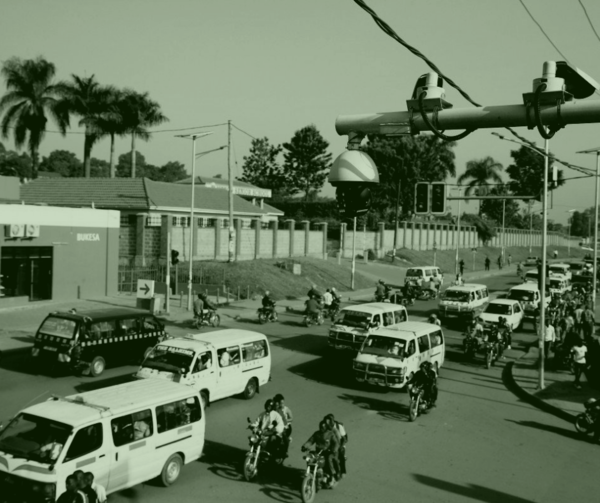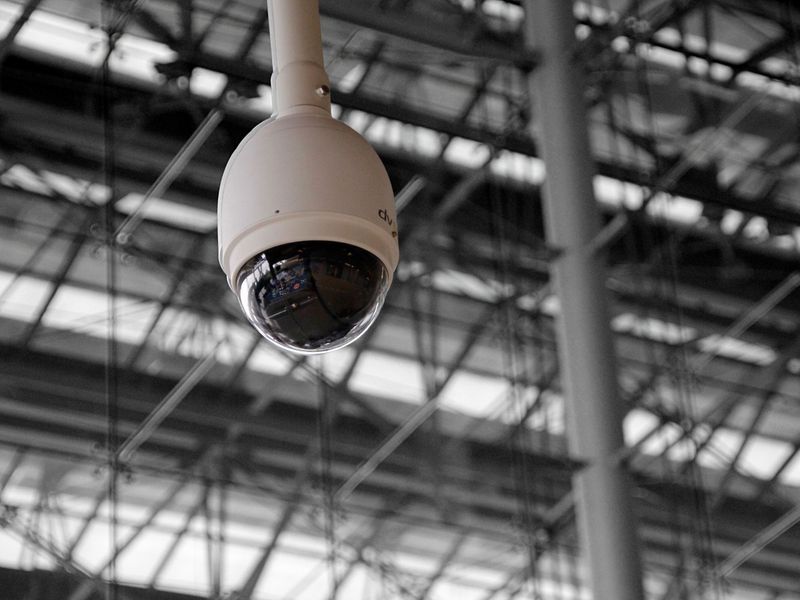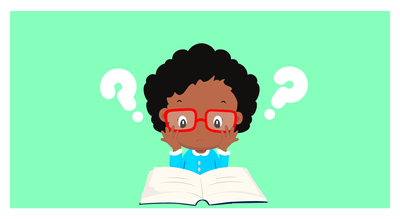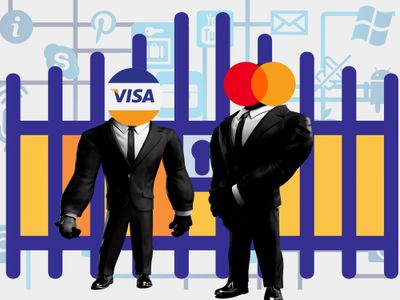Have you ever been conscious that you are under constant surveillance and somebody is literally watching everything you do?
Well, I remember growing up in Pretoria in the late 1980s and early 1990s, it was a transitionary period for South Africa and many of the racially based movement restrictions were starting to be relaxed. Black people could now live in “the suburbs” and roam around town without a curfew or any restrictions.
However, as a teenager, I remember vividly how when walking into retail stores and bookstores the shop attendants would follow me around at every single turn inside the shop and stand uncomfortably close for my liking, I would even feel guilty that I’d need to blow my nose while inside the store given the constant surveillance.
Surveillance in Uganda
I was reminded of that period in time when I read that China’s Huawei Technologies is working with Uganda’s Police Force to install CCTV facial recognition cameras. According to the police, the cameras will help stop violent crime.

Now, Uganda’s opposition political party leaders have come out to oppose the installation of the AI-powered cameras saying that they are being installed to target and harass them and their followers. Given Ugandan authorities history on clamping down on dissent online and in real-life, I tend to agree with them.
However, there are other second order effects of being constantly under surveillance.
One of the first things that happens to most people when they know they are constantly being watched for any bad behavior is that they develop increased anxiety and stress.
You don’t want to do something wrong because of the potential consequences. This, according to some researchers, is as a result of feeling a loss of privacy in ones life. As a result, as you can imagine, you become overly conforming to whatever the rules irrespective if they are legal or sensible.
Effects of constant surveillance
The idea that there is a constant camera watching your every move, although not a direct order, many people end up feeling the need to conform to whatever the state (reasonable or not) expects of them. A third order effect of this is that it potentially (to the benefit of the state) takes away people’s agency and their inclination to protest or disagree.
This third order effect, falls right into the desires of a government like Uganda's which is known for suppressing protests.
Does surveillance reduce crime? Possibly.
However, in my humble opinion, it does more damage to the fabric of society than it benefits it. In Uganda’s case, this might be something the state wants given that in a couple of years there will be elections.
On the other hand of all this, you get the bias that is typically associated with algorithms. Like the City of Johannesburg which once claimed to have intelligent cameras that can “detect criminal behaviour.”
The City’s intelligence operations center will have intelligent public cameras that can detect criminal behavior and dispatch response teams. Several arrests have already been thanks to the IOC #JoburgWorks^TK pic.twitter.com/lOdi6Y3Pqd
— City of Joburg (@CityofJoburgZA) June 30, 2019
But that’s a topic for another day.
— By Tefo Mohapi







